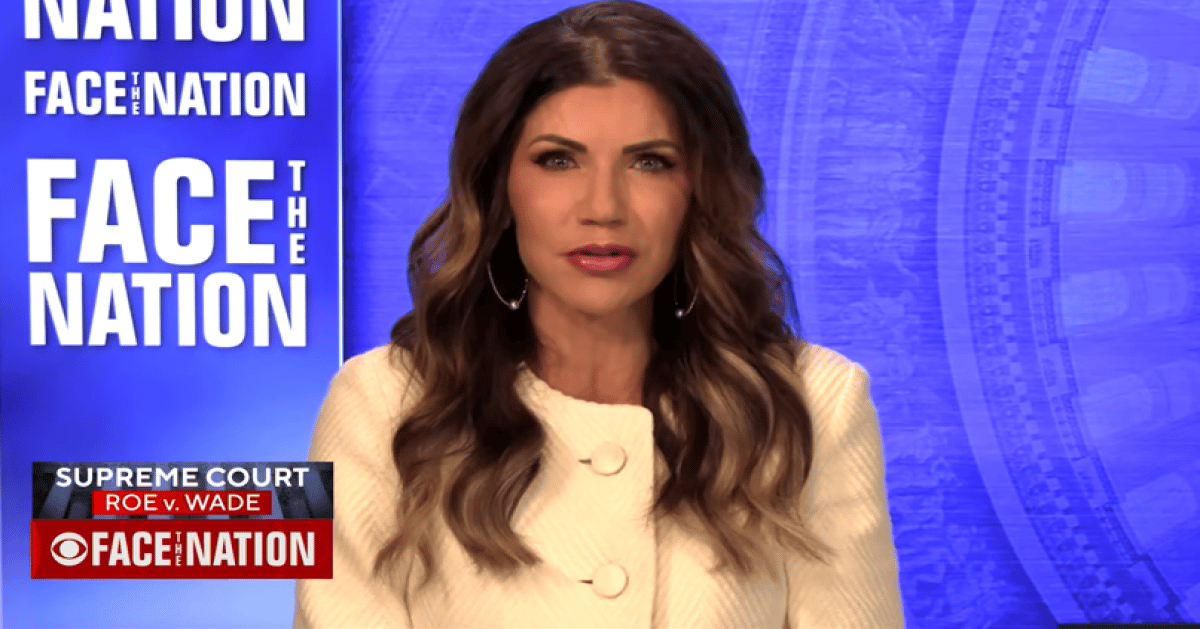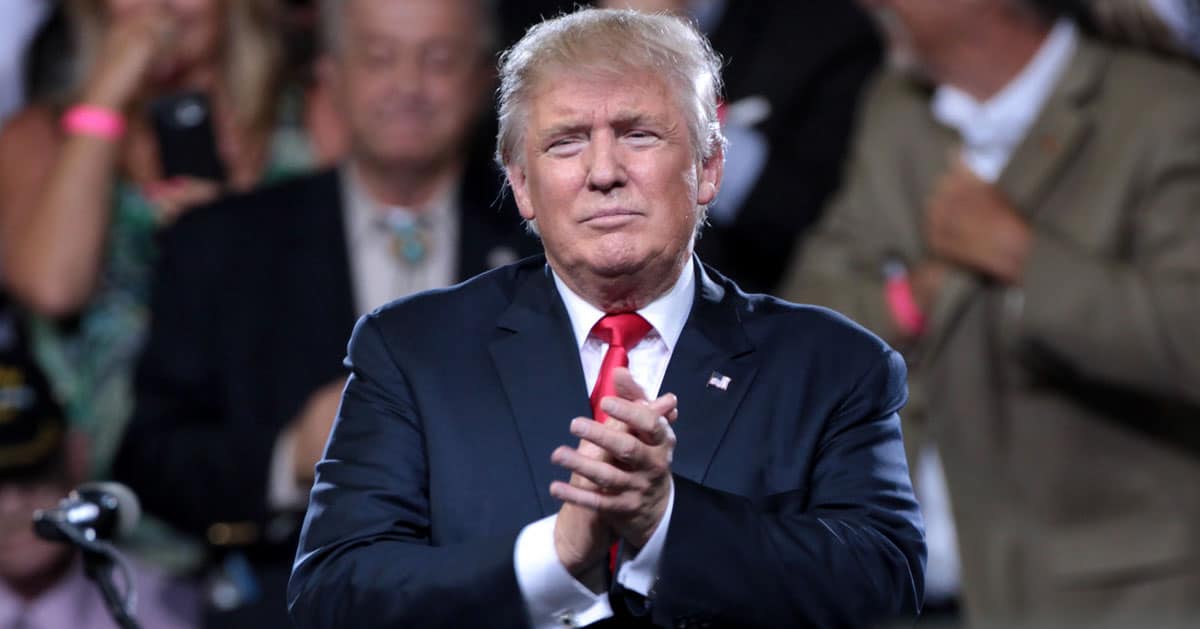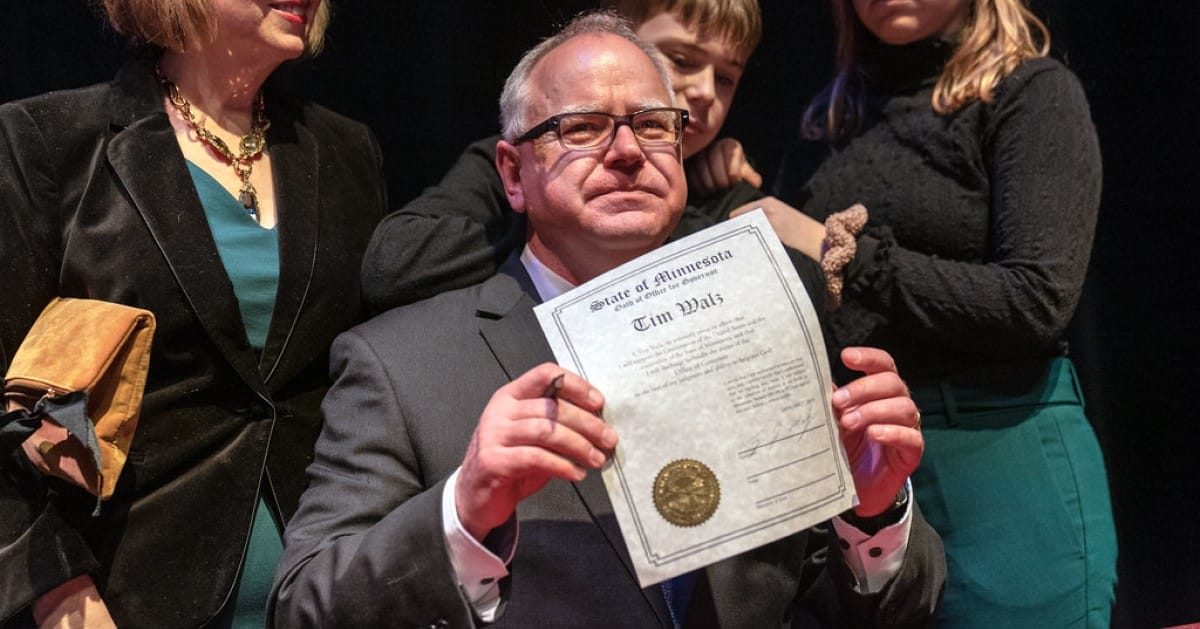





President Donald Trump’s threat to send the National Guard to Chicago has ignited a fierce standoff with Illinois’ top leaders. Governor JB Pritzker and Mayor Brandon Johnson, both Democrats, are pushing back hard, calling the move a political stunt.
Fox News reported that Trump’s proposal to deploy federal troops aims to curb Chicago’s crime, but Pritzker and Johnson argue no crisis justifies such action, labeling it unconstitutional.
The feud has escalated through public statements, with both sides digging in. This clash reveals deep tensions between federal power and local control.
Last week, Pritzker dismissed claims of a crime emergency, accusing Trump of fabricating a crisis for votes. His rhetoric paints the president as a meddler, not a problem-solver. Yet, Chicago’s crime stats, while improved, still outpace 2021 numbers, undermining his rosy narrative.
Pritzker didn’t mince words, declaring on Monday that deploying the National Guard is “unconstitutional” and “un-American.”
He sees it as Trump flexing his muscle to intimidate, not protect, Chicagoans. This bold stance rallies progressives but risks alienating those craving tougher crime measures.
“Action will be met with a response,” Pritzker warned Wednesday, signaling Illinois won’t roll over. His vow to resist suggests legal or political pushback, though specifics remain vague. It’s a gamble—defiance could unite locals or paint him as soft on crime.
Chicago Mayor Brandon Johnson echoed Pritzker, touting a drop in violent crime, with homicides and robberies down over 30% and shootings nearly 40%. These stats bolster his case that federal troops aren’t needed. But higher crime compared to 2021 gives Trump ammunition to argue otherwise.
Johnson, on Friday, called Trump’s plan “uncoordinated, uncalled for, and unsound.” He argues it could inflame tensions between police and residents, eroding trust vital for safety. His point lands, but critics might say he’s dodging accountability for persistent crime.
“When we fight back against tyranny, the people united will always prevail,” Johnson declared. It’s a fiery soundbite, casting Trump as a despot, but risks sounding like grandstanding to skeptical Chicagoans. The mayor’s focus on unity feels noble yet sidesteps practical crime solutions.
Trump fired back Tuesday on Truth Social, describing a “really DEADLY weekend in Chicago” with six dead and 27 injured. He labeled Pritzker and Johnson incompetent, urging them to seek his help. The post’s raw tone resonates with his base but fuels accusations of fearmongering.
Chicago’s crime decline, as Johnson noted, shows progress, with significant drops in key metrics. Yet, the city’s higher crime rates compared to 2021 suggest the problem isn’t solved. This gap lets Trump paint local leaders as out of touch, even if his solution feels heavy-handed.
Pritzker, on Saturday, emphasized that no emergency warrants federalizing Illinois’ National Guard or deploying out-of-state troops.
“The safety of the people of Illinois is always my top priority,” he said. His focus on state sovereignty plays well locally but might not sway those fed up with violence.
Trump’s history of deploying federal agents to Washington, D.C., for crime control gives his Chicago threat credibility. He’s shown he’ll act, regardless of local objections. That track record makes Pritzker and Johnson’s resistance more than just posturing—it’s a real standoff.
Other Illinois leaders have joined Pritzker and Johnson in opposing Trump’s plan. Their unified front strengthens the state’s position but risks looking like partisan stonewalling. If crime spikes, their defiance could backfire with voters demanding action.
Pritzker’s Monday jab—“Donald Trump wants to use the military to occupy a U.S. city”—frames the issue as authoritarian overreach. It’s a clever zinger, but calling it a “power grab” might not resonate with Chicagoans more worried about bullets than politics. The governor’s rhetoric needs grounding in practical solutions.



